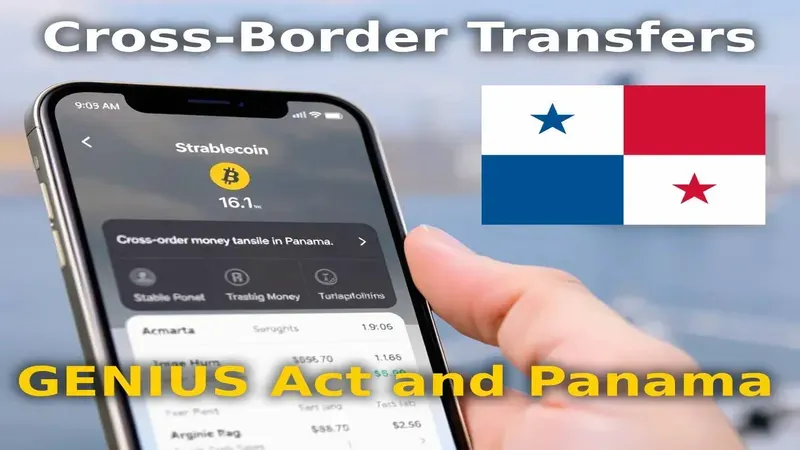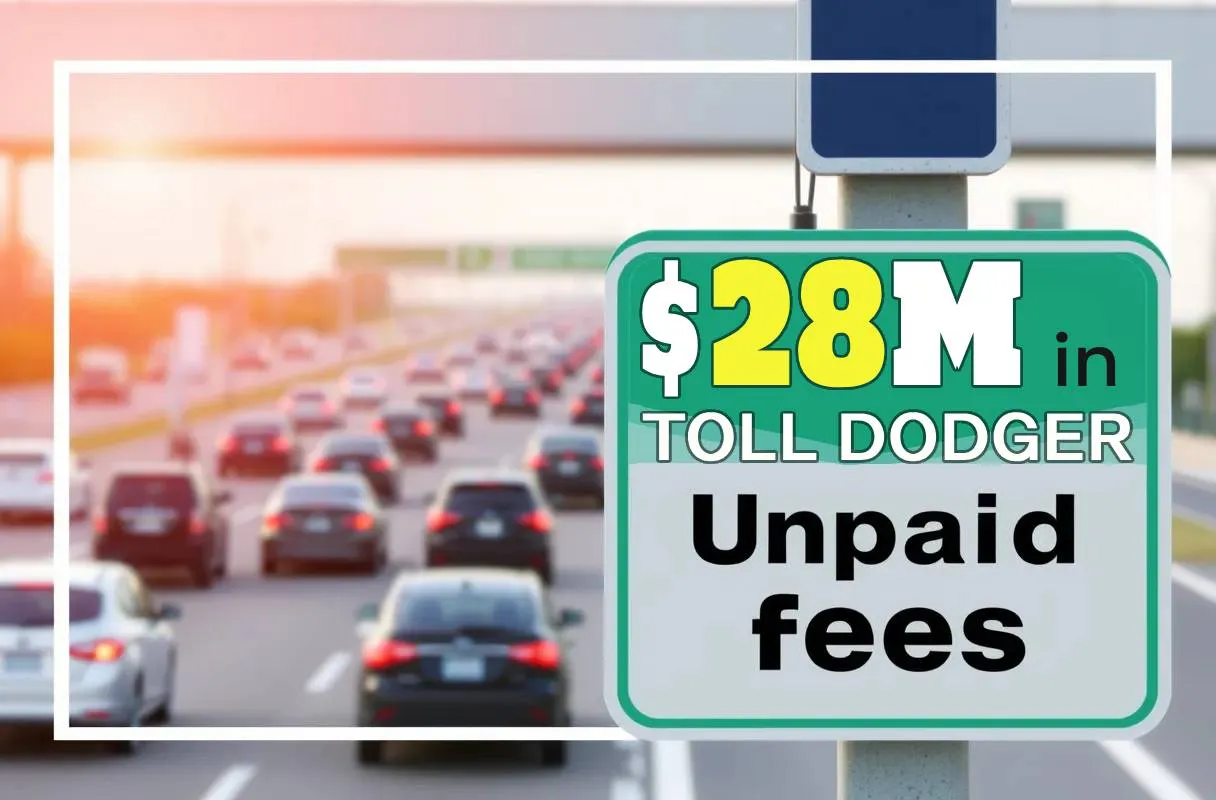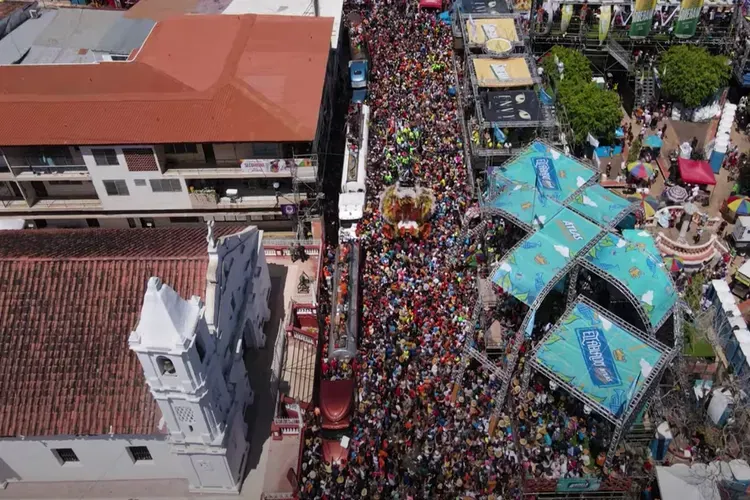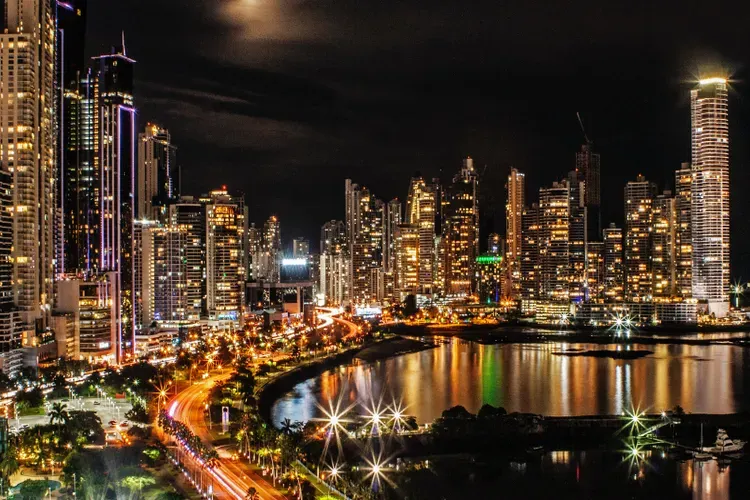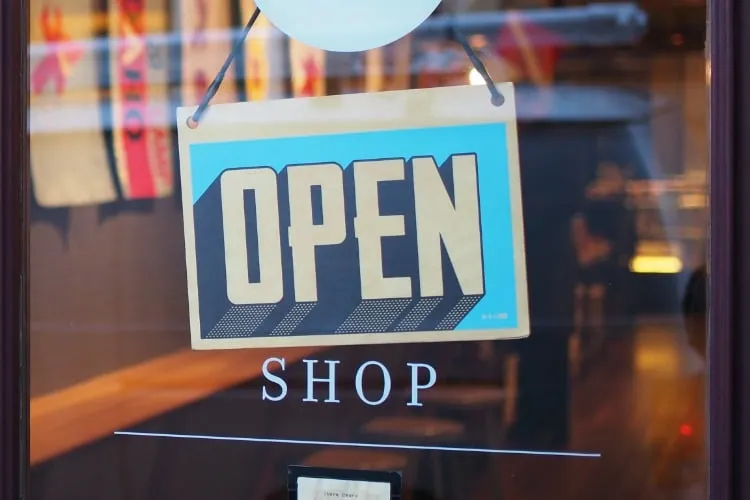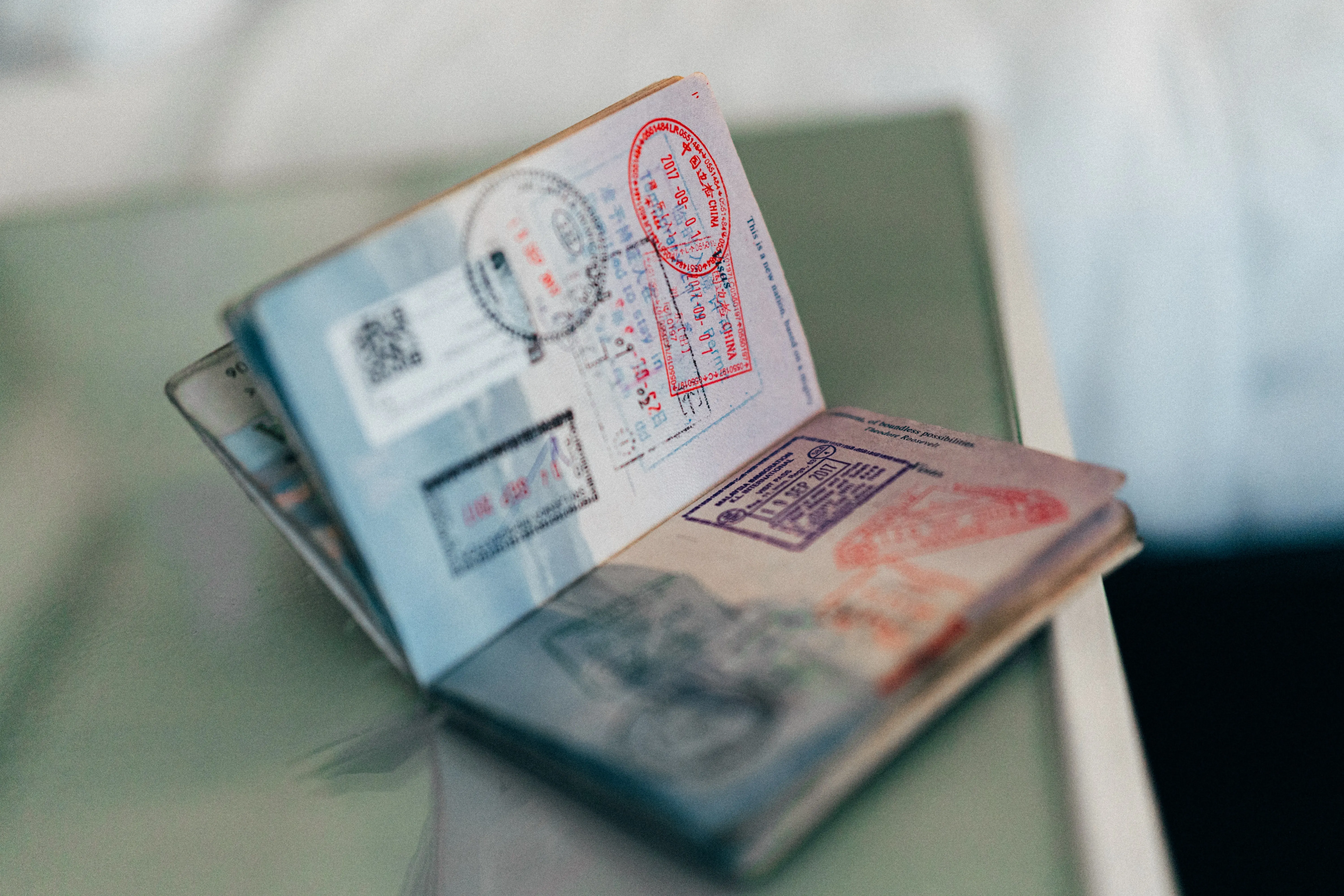Biden Team on Edge as Populist President Mulino Shakes Up Panama
Discover how Panama's new President, José Raúl Mulino, is challenging the status quo with bold policies that could reshape the nation's future and its relationship with the U.S. Learn why his stance on the Darien Gap has Washington worried.
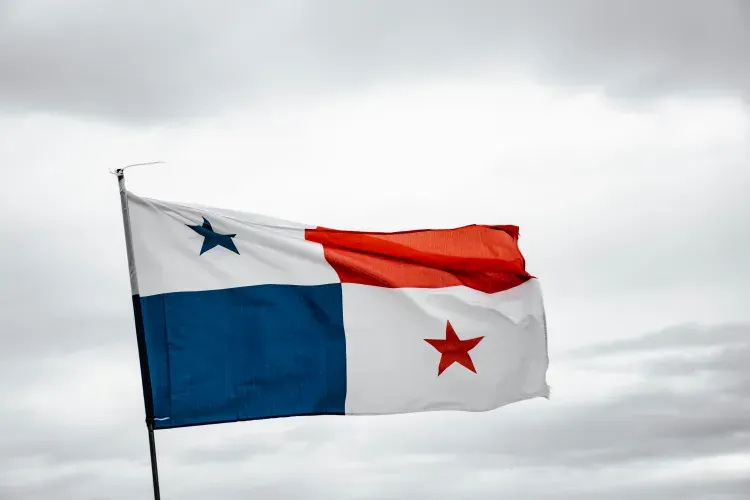
A New Dawn in Panamanian Politics
On July 1, 2024, José Raúl Mulino took office as Panama's new president, marking a significant shift in the country's political landscape. Mulino, a populist leader, joins a wave of Central and South American politicians prioritizing their nations' interests over globalist agendas. These leaders, reminiscent of Donald J. Trump's America First policies, are increasingly skeptical of communist ideologies and wary of China's influence.
Rising Populism in the Americas
Mulino's presidency aligns him with other notable populist leaders like El Salvador's Nayib Bukele and Argentina's Javier Milei. Together, they are dismantling entrenched power structures in their respective countries. Unlike their predecessors, these leaders seek robust partnerships with the U.S. that benefit their nations rather than global elites.
Shutting Down the Darien Gap
A key focus for President Mulino is the Darien Gap—a treacherous jungle route that has become a conduit for migrants heading to the U.S. The Biden administration is acutely aware of Mulino's intent to close this passage and sent Department of Homeland Security Secretary Alejandro Mayorkas to Panama for damage control.A Controversial Agreement
During his visit, Mayorkas signed an agreement to implement a Removal Flight Program aimed at stemming the flow of migrants through Panama. This move raises questions about whether it merely shifts the burden to other regions or directly funnels migrants into the U.S.
Reconsidering UN and WEF Influence
As Panama transitioned to full control of the Panama Canal in 1999, American influence in the region waned. This void was quickly filled by international entities like the United Nations and the World Economic Forum (WEF), turning Panama into a hub for globalist experimentation.

Local entrepreneur Matthew Tomlet argues that previous Panamanian leaders were overly compliant with UN and WEF agendas. However, Mulino's administration may signal an end to this era, especially given the widespread resentment towards draconian COVID-19 lockdowns imposed under former President Laurentino "Nito" Cortizo.
Darien Gap: A Threat to Sovereignty
The Biden administration's anxiety is evident in its choice of Mayorkas to lead the delegation. DHS has been operating camps in the Darien Gap to manage migrant flows from various regions, including Venezuela and the Middle East. These efforts are bolstered by NGOs like Doctors Without Borders and supported by UN and WEF ideologies.Mulino is not interested in maintaining these operations. His Panama First approach focuses on national sovereignty and reducing foreign influence that exacerbates human trafficking and violence in the region.
Prioritizing the Panama Canal
The Panama Canal is central to Mulino's vision for his country's future. He aims to ensure its long-term viability by addressing water shortages that threaten its operation. A proposed law would allow new reservoirs to support canal operations, potentially doubling ship throughput under optimal conditions.China's competing "Dry Canal" projects—rail lines through Mexico, Nicaragua/Honduras, and Colombia—pose additional threats. Mulino understands that safeguarding the canal is crucial for Panama's sovereignty and economic health.
Conclusion: A Populist Vision for Panama
President José Raúl Mulino is set on reshaping Panama’s future by focusing on national interests and reducing foreign dependencies. His policies are creating ripples far beyond his country's borders, unsettling established global powers and signaling a new era of Panamanian sovereignty.

